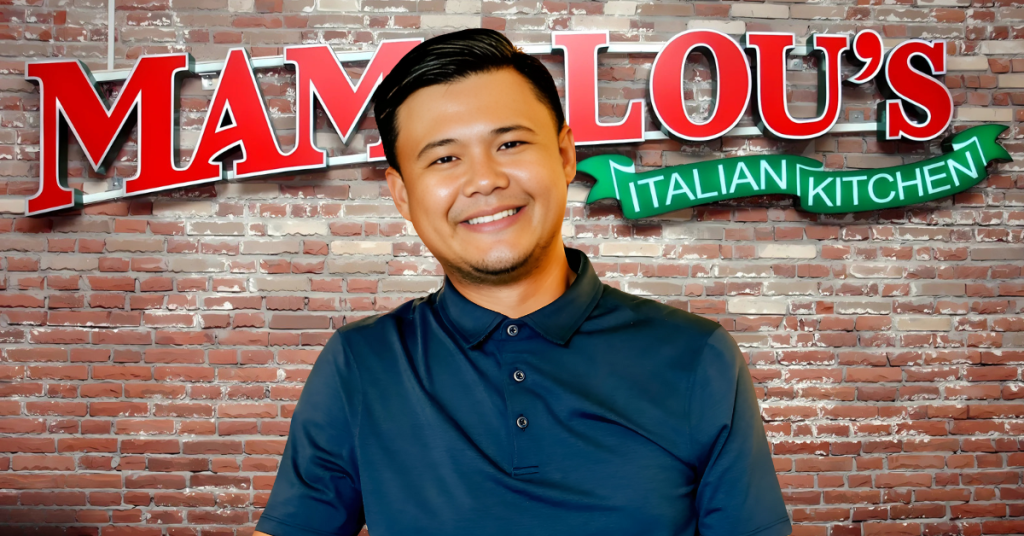When David Sison began his master’s degree, he didn’t expect it would one day lay the foundation for a thriving restaurant brand. But as his partner Crystal Sison managed her family’s European café, David saw an opportunity—not just for business growth, but to apply what he was learning in real time.
Crystal had taken a leap of faith when she left her job in IT to manage the restaurant her parents founded in 2001. Back then, it was a cozy single-location café serving Italian, French, and Spanish dishes. The kitchen was bustling, but the systems were loose. Recipes weren’t standardized, HR manuals didn’t exist, and operations depended heavily on who was present on any given day.
“Yung recipe, kung sino lang yung papasok, yung lasa ng pagkain nakadepende sa cook,” David recalls. “Pag may sakit yung cook, hindi na masarap yung food.”
As David supported Crystal during evenings and weekends—while finishing his master’s classes—he realized the restaurant was the perfect case study. “Since libre yung consultation sa masters, parang ginawan ko sya ng thesis,” he says.
Instead of submitting a purely theoretical project, David used his coursework to develop practical systems for the restaurant. He worked on standardizing recipes to ensure consistency in taste, regardless of who was in the kitchen. He created HR manuals and documented workflows to build structure in the day-to-day operations. What began as support for Crystal quickly evolved into a long-term partnership that would later become Mama Lou’s Italian Kitchen, one of the most beloved homegrown restaurant chains in the Philippines.
With systems in place, they began seeing real results. Productivity improved. Quality became consistent. Staff felt more secure knowing what was expected of them. All this allowed the business to scale with confidence.
By the time David was ready to submit his thesis in 2012, they had not only professionalized the café—they had already built a roadmap for expansion. The following year, Ayala invited them to open a branch in Solenad, Nuvali. Competing against established foreign chains, Mama Lou’s held its own—and even surpassed expectations.
“In six months, nag-ROI kami,” David shares.
Mama Lou’s is now known not just for its comfort food and family-style dining, but also for the disciplined operations behind it. What started as a mom-and-pop shop became a replicable business model—thanks to a master’s student who treated the restaurant as more than a passion project.
This article includes quotes from an interview originally published by Esquire Philippines, authored by Henry Ong.
![]()



